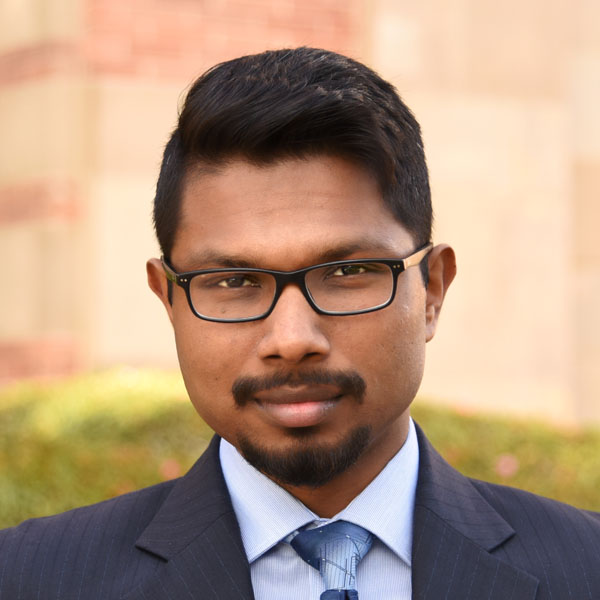 |
|
Astrophysical and Planetary Sciences Colloquium
Thursday, February 08, 2024 at 3:30 pm JILA auditorium Anowar Shajib, University of Chicago "The strong-lensing revolution in the JWST-Rubin-Roman era: from resolving the Hubble tension to constraining baryonic feedback"  Abstract:Despite the remarkable success of the Lambda Cold Dark Matter (LCDM) cosmological model, several challenges have recently emerged. One of the most prominent is the "Hubble tension": the Hubble expansion rate (H_0) measured using the Cepheid-calibrated distance ladder of type Ia supernovae and the value extrapolated from the cosmic microwave background using LCDM disagree by 5 standard deviations. To confirm that new physics beyond the LCDM model is needed to resolve this disagreement, we must rule out any unknown systematic errors in these measurements using another independent probe. Strong gravitational lensing time delays provide such a probe that can independently constrain H_0 to 1% precision and potentially confirm new physics. This will be made possible by the very large samples of galaxy-scale lenses to be discovered by the Rubin and Roman Observatories---two orders of magnitude larger than current samples---and with follow-up data from JWST. These surveys will also provide new samples of exotic lenses to competitively constrain dark energy parameters and to study the impact of baryonic feedback on the evolution of massive galaxies to redshift z~1. Strong lensing in the Rubin-Roman era thus promises a revolution in the study of both cosmology and galaxy evolution.
|